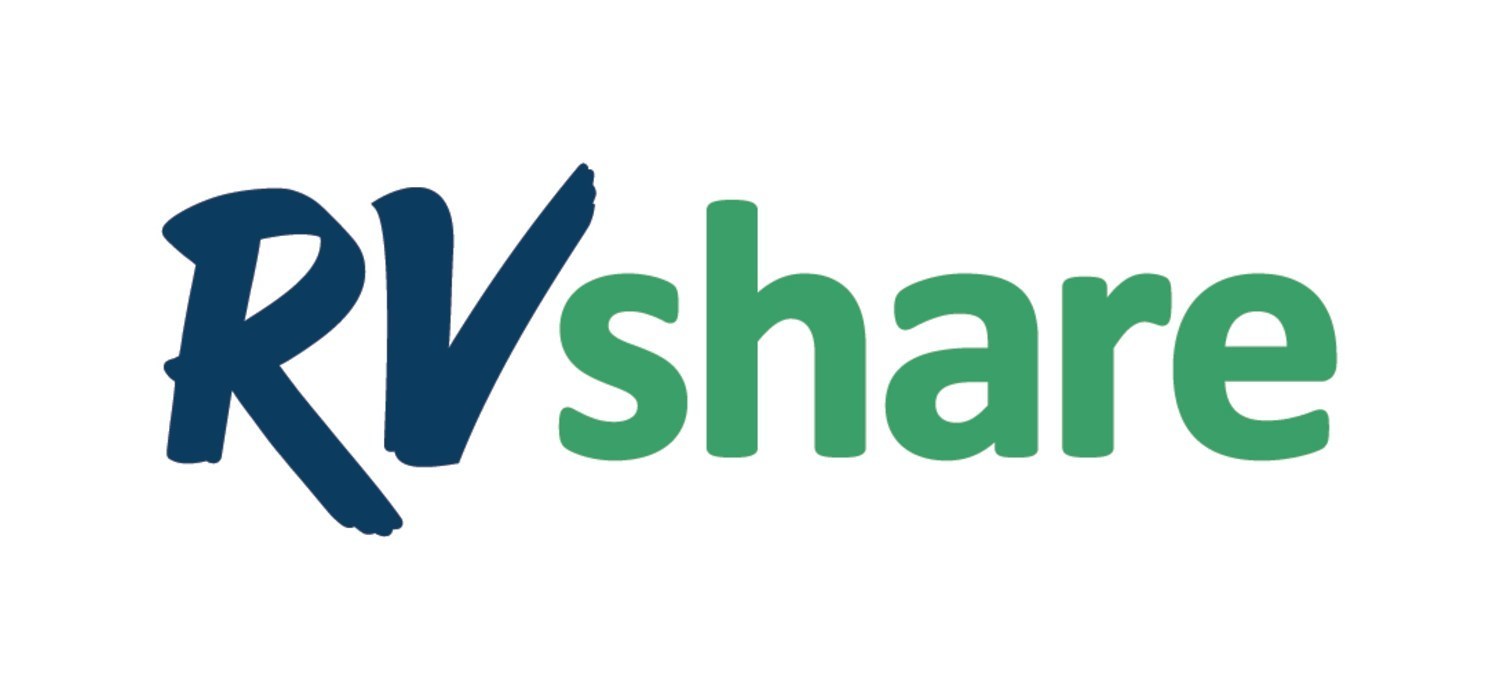The latest CAQH Index highlights urgent need for automation to eliminate inefficiencies, ease provider burdens, and accelerate access to care for millions of patients.
WASHINGTON, Feb. 12, 2025 -- The healthcare industry has a $20 billion opportunity to reduce administrative waste and give providers more time with patients, according to the 2024 CAQH Index. For more than a decade, this landmark report has tracked industry adoption of electronic administrative transactions serving as both a benchmark for progress and a catalyst for innovation. This year's Index, informed by contributions from over 600 medical and dental provider organizations and health plans covering 63% of insured lives, underscores a critical reality: manual tasks within the healthcare revenue cycle are creating unnecessary delays, driving up costs, and making it harder for patients to receive timely care.
At the heart of every healthcare transaction is a patient and a provider. This year's Index introduces 'Patient Impact' insights and provider perspectives, illustrating how inefficient processes—such as faxing medical records and outdated regulatory requirements—create obstacles that delay treatment and strain provider resources.
"Healthcare should be about patients, not paperwork," said Sarah Ahmad, Chief Executive Officer at CAQH. "The efficiencies gained through automation are not just numbers on a page; they represent time returned to patients, resources reallocated to care, and stress removed from already burdened systems."
Key findings from the 2024 CAQH Index include:
- $90 billion: The annual cost of routine administrative tasks like checking insurance.
- $20 billion: The savings opportunity if the industry transitions from manual to electronic workflows—reducing waste and allowing providers to focus on patient care.
- 70 minutes: The average time saved per patient visit when healthcare providers use fully automated administrative workflows, improving both efficiency and the patient experience.
"Healthcare doesn't stand still, and neither should we," said Erin Weber, Chief Policy and Research Officer at CAQH. "By centering patients and providers in the conversation and fostering collaboration, this year's Index not only identifies inefficiencies but offers actionable insights to transform the system."
To drive this change, the industry must accelerate automation and integrate new data exchange capabilities into daily operations. While interoperability efforts have long been hindered by slow-moving regulatory processes, technology has advanced. Now, it's time for the healthcare industry to catch up.
Today, real-time data exchange should be the norm—delivering accurate, targeted information that enables immediate action. Across healthcare administration, advancing interoperability will reduce delays, lower costs, and improve patient care. CAQH is working with industry leaders to implement these capabilities and ensure that administrative processes move at the speed of care.
The 2024 CAQH Index is a call to action. Download the full report [link] and join us on March 12 from 2-3 PM ET for a discussion on key findings and next steps for the industry. [Register here].
About CAQH
CAQH is the leader in healthcare data, enabling health plans, providers, and stakeholders to seamlessly exchange and manage the most trusted provider and member data in the U.S. By connecting over 1,000 health plans and other entities with more than 4 million provider records and data on 235 million+ members, CAQH streamlines operations and improves data accuracy. Through industry-leading solutions, federally mandated CORE Operating Rules, and actionable insights, CAQH makes healthcare work better—so patients can access the care they need, when they need it.
Learn more at CAQH.org and CAQH.org/CORE.
This News is brought to you by Qube Mark, your trusted source for the latest updates and insights in marketing technology. Stay tuned for more groundbreaking innovations in the world of technology.






